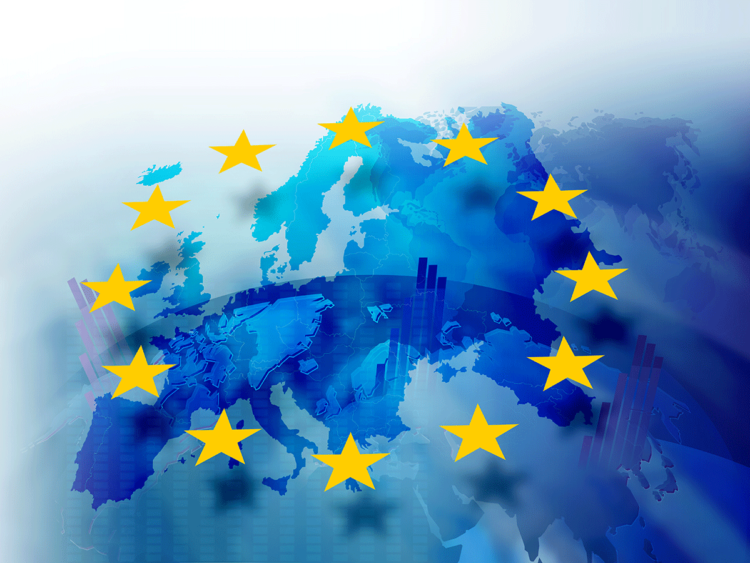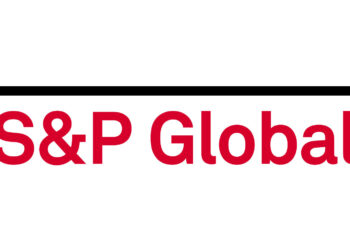Over 160 executives from digital businesses worldwide have urged legislators in the European Union to exercise caution and consider all necessary factors while formulating its new artificial intelligence (AI) legislation.
In the open letter published on June 30, 2023, some high-profile executives representing prominent companies such as Renault, Meta, Spanish telecom giant Cellnex, and German investment bank Berenberg expressed their concerns regarding the proposed EU AI Act. They stressed that the legislation, in its current form, could jeopardize the region’s innovation and competitiveness in the AI sector and markets.
A major point of concern raised in the letter is the strict controls the EU’s planned regulations would impose on the use of generative AI tools. According to the executives, such restrictions could result in significant liability concerns and high compliance costs for enterprises engaged in the development and implementation of AI technology.
Two weeks ago, on June 14, 2023, the European Parliament approved the initial version of the EU AI Act. This version includes regulations mandating AI systems like ChatGPT to disclose all content generated through artificial intelligence. Additionally, the Act incorporates various measures to effectively combat illicit content.
Furthermore, the regulations seek to prohibit the use of specific AI services and goods. AI technologies like social scoring, predictive policing, “emotion recognition,” untargeted facial recognition, and public biometric surveillance will be completely outlawed.
Though the specifics of the EU AI Act are still being finalized through individual conversations between parliament members, the timing of this letter is critical. Tech corporations still have an opportunity to engage in lobbying efforts to push for more balanced and lenient regulations.
Microsoft president, Brad Smith, traveled to Europe on June 29, 2023, to engage in discussions with policymakers about the most effective ways to regulate artificial intelligence. Similarly, in May, Sam Altman, the CEO of OpenAI, met with European regulators in Brussels to raise concerns about the potential negative impact of overly restrictive regulation on the AI sector.
In response to the AI regulation developments in Europe, the EU’s head of technology has publicly called for collaboration between the EU and the U.S. to create a voluntary “AI code of conduct.” This code of conduct could serve as an interim measure until more comprehensive and balanced regulations are established.
If you want to read more news articles like this, visit DeFi Planet and follow us on Twitter, LinkedIn, Facebook, Instagram, and CoinMarketCap Community.
“Take control of your crypto portfolio with MARKETS PRO, DeFi Planet’s suite of analytics tools.”





















